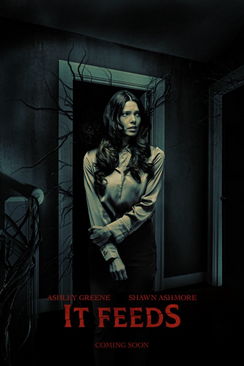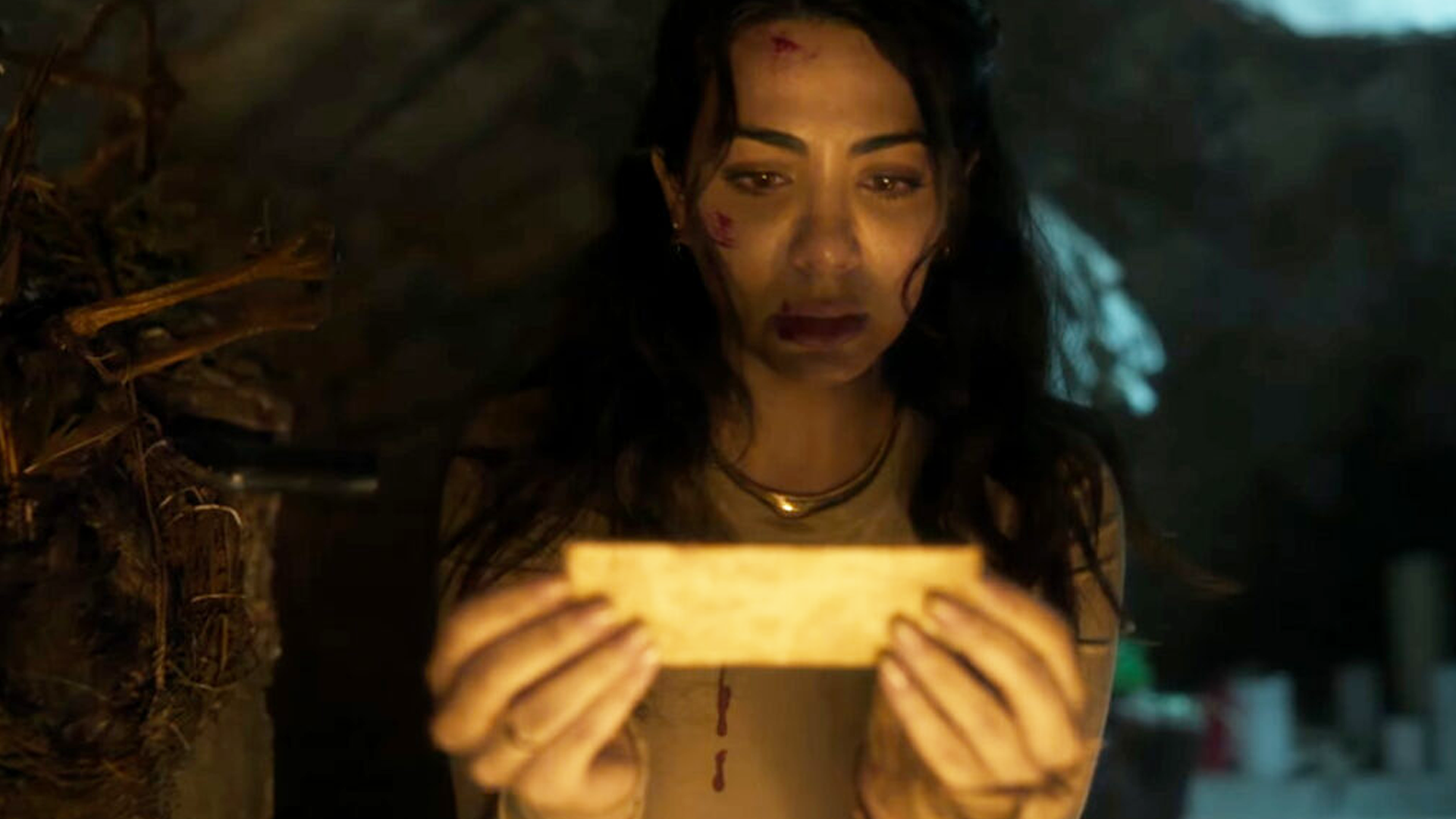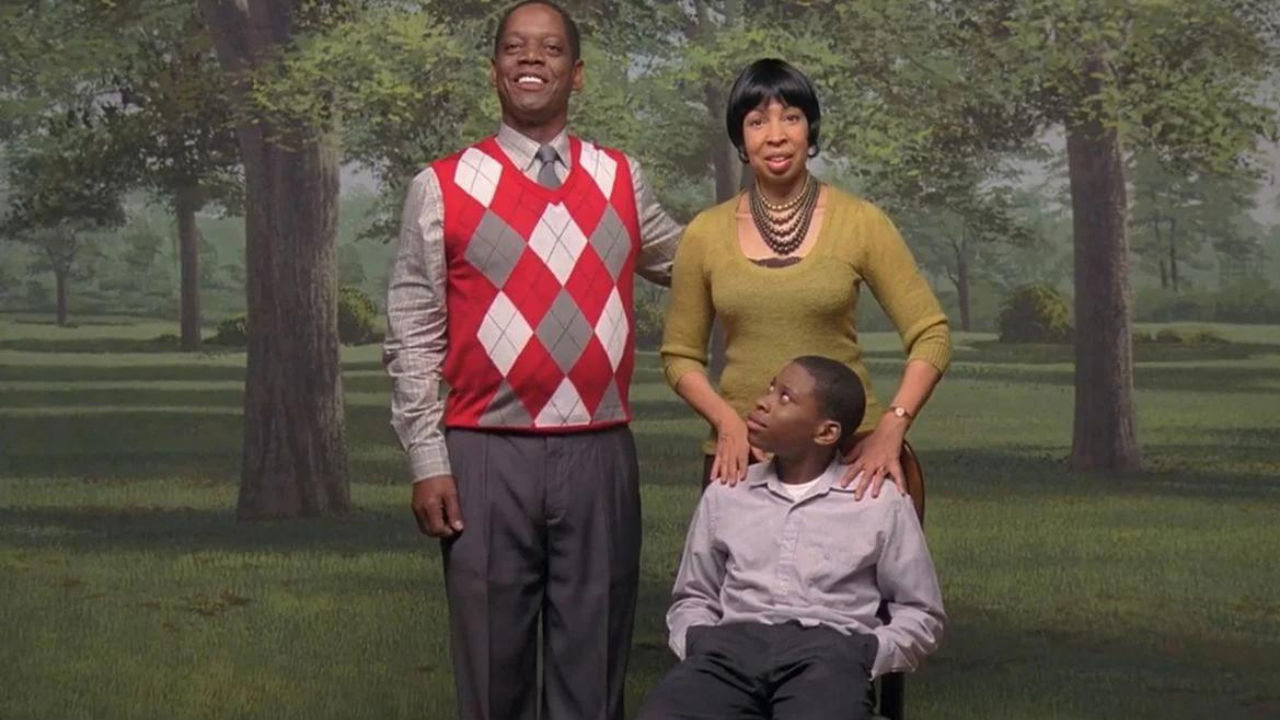
Ari Aster: he’s not OK.

Editor’s note: this article discusses sexual abuse in Ari Aster’s The Strange Thing About The Johnsons
Before Ari Aster scarred the world with his feature films Hereditary and Midsommar, he directed perhaps one of the most upsetting short films this writer has ever seen. And this short film is The Strange Thing About The Johnsons. This was Aster’s thesis film while he was studying at the American Film Institute. It later premiered at the Slamdance Film Festival.
The short revolves around the Johnsons, a Black family made up of a father Sidney (Billy Mayo), a mother Joan (Angela Bullock), and their son Isaiah (Brandon Greenhouse). When Sidney walks in on a young Isaiah (Carlon Jeffery) masturbating, he apologizes and explains to his son that it’s totally fine and a natural thing. But, what he doesn’t realize is that his son is masturbating to photos of Sidney.
Also Read: ‘Midsommar’s Ending and the Cathartic Fires of Freedom [Matriarchy Rising]
Instead of showing years of abuse, the film flashes forward 14 years later to Isaiah’s wedding. Like a true sociopath, Isaiah is able to smile and laugh through the day, all while groping his dad when no one is looking. But, as he sneakily tries to perform fellatio on his father, his mother discovers what they’re doing. Importantly, Sidney is crying and very obviously being forced to do this against his will. Joan is witnessing the abuse and is deeply perturbed by it. Yet, she says nothing.
As the film progresses, Sidney tries to ask for Joan’s help and Isaiah’s abuse intensifies. It only gets darker and darker, if you can imagine, as the family crumbles as the truth is finally revealed.
Child abuse is unfortunately commonly portrayed in horror and crime dramas. Not much feels more taboo than depicting the torture and abuse of a child. But, Aster takes it a shocking step further with this one. He inverts the expected power dynamic between parent and child by placing the child as the abuser. Aster also follows the beats of a mother ignoring the abuse all while being aware of it. The father becomes the child, sneaking around and trying to get help for himself. Yes, it may be weird to read and think about, but somehow Aster pulls it off in The Strange Thing About The Johnsons. And it’s absolutely heart-wrenching and upsetting.
Also Read: Annie Graham Is A Good Mother In Ari Aster’s HEREDITARY
As a director whose feature films are very white in both their casts and overall subject matter, centering one of his first works on a suburban Black family is an interesting choice. But, he also doesn’t necessarily make the short about race. There aren’t discussions of racism or mentions of being Black. Instead, they’re just another suburban family. But this portrayal also speaks to sexual abuse in the Black community and the need to realize that men are also victims of rape.
In an interview with Shadow and Dance, Aster said
The actor who plays the son is a close friend who’s starred in most of my films (including all of my pre-AFI student work) and he was there from the film’s conception. I cast him because he was right for the role and I wanted to work with him. At that point it was obvious that we were casting African Americans. The color of the Johnson family’s skin is totally incidental. It’s of no consequence to the story or its execution.
Even as Aster says the family’s race doesn’t matter, it can’t be ignored. Regardless of artist intent, he is making a statement with an all Black cast. And that cast sells the heavy emotional stakes of the film. Mayo, Greenhouse, and Bullock work with the subject matter carefully and really sell just how absolutely awful this twisted scenario is. It’s treated with care and respect. With a different cast, this could’ve just been exploitative. But here, Mayo, Greenhouse, and Bullock make this something important to view in terms of reality for sexual abuse survivors.
The Strange Thing About The Johnsons foreshadows Aster’s fixation on disturbing family dynamics. With each film, Aster is dissecting the dark truths about families that unfold behind closed doors, whether or not they involve something supernatural. Regardless of what malevolent force drives his characters, the depravity of humanity is always center stage in his films. So, congratulations, Ari Aster. You make some of the weirdest and most upsetting contemporary horror works. I have just one question for you: are you OK?

![Ari Aster’s Lost Film Is Also His Most Disturbing [Watch] Ari Aster’s Lost Film Is Also His Most Disturbing [Watch]](https://celebritynewsmag.com/wp-content/uploads/2022/07/ariaster-735x450.png)



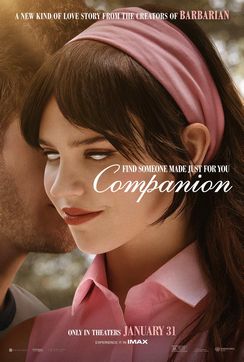
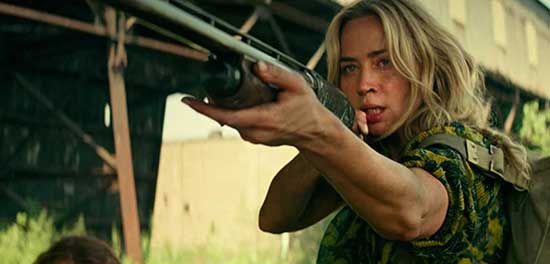


![John Titor: Was He A Time Traveler? [Watch] John Titor: Was He A Time Traveler? [Watch]](https://www.dreadcentral.com/wp-content/uploads/2022/09/time.png)
![‘I Will Never Leave You Alone’ Star Kenneth Trujillo On The New Twisted Haunted House Movie [Watch] ‘I Will Never Leave You Alone’ Star Kenneth Trujillo On The New Twisted Haunted House Movie [Watch]](https://www.dreadcentral.com/cdn-cgi/image/width=1920,height=1080,fit=crop,quality=80,format=auto,onerror=redirect,metadata=none/wp-content/uploads/2025/03/ALONE.png)




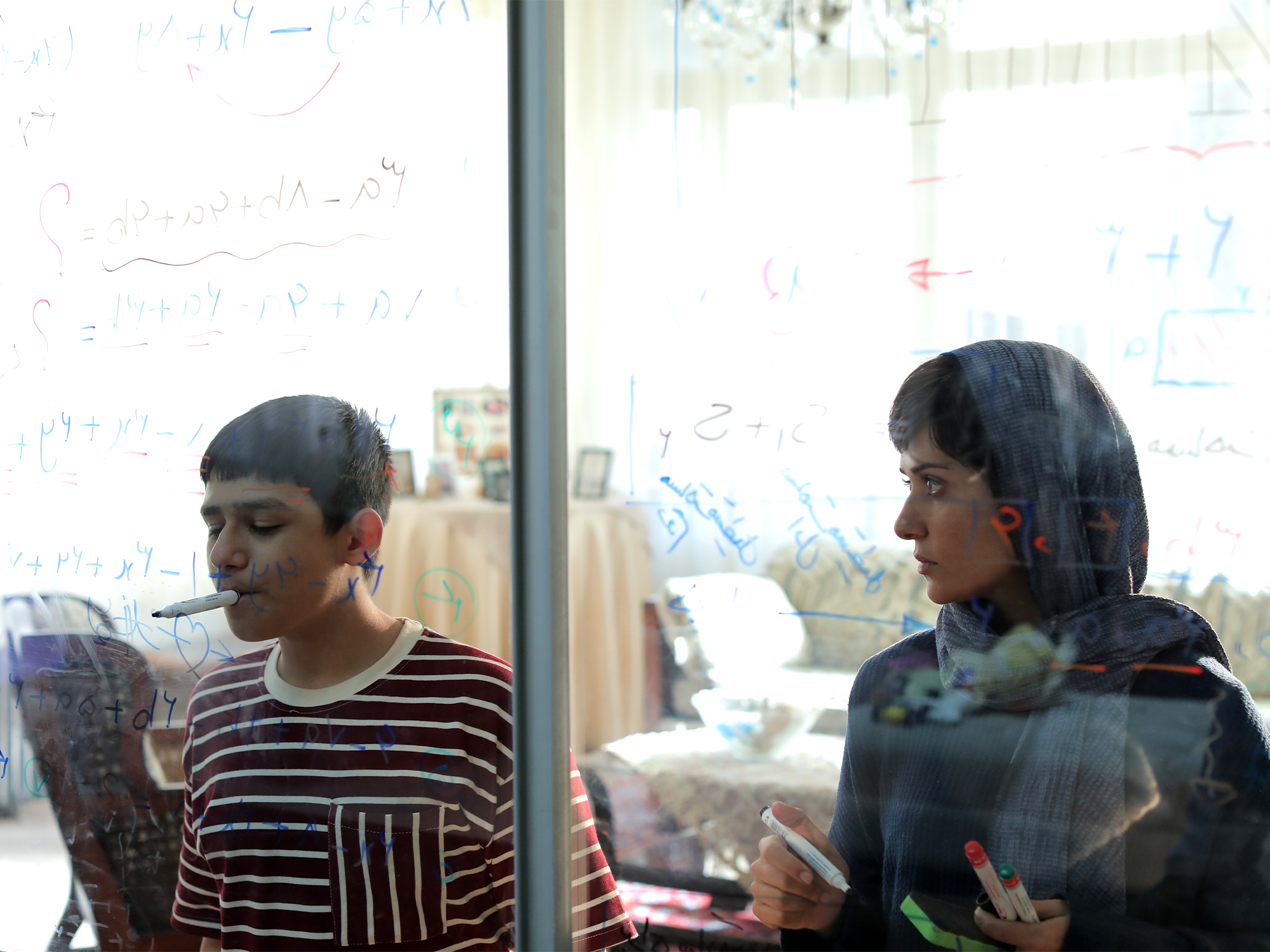



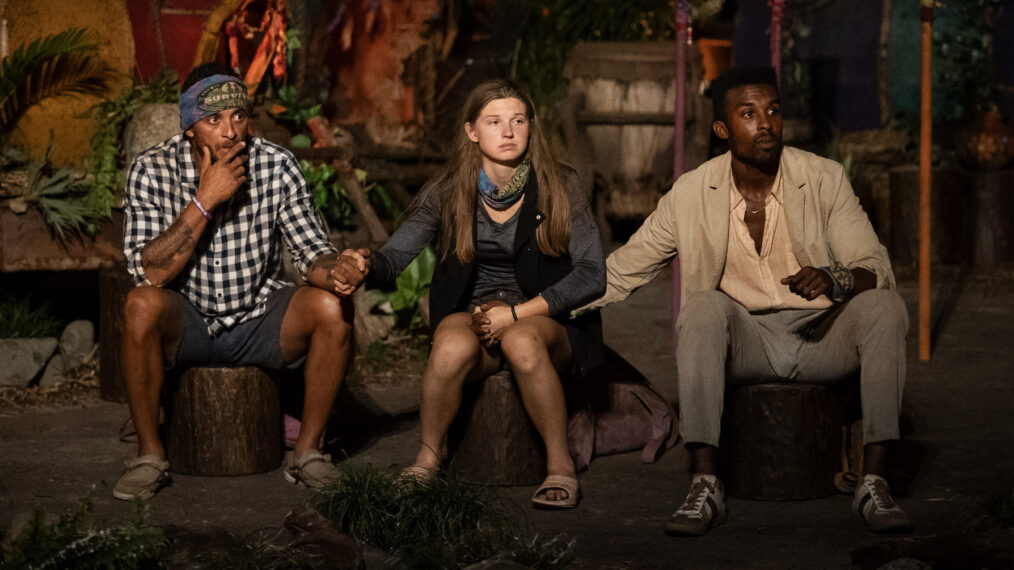

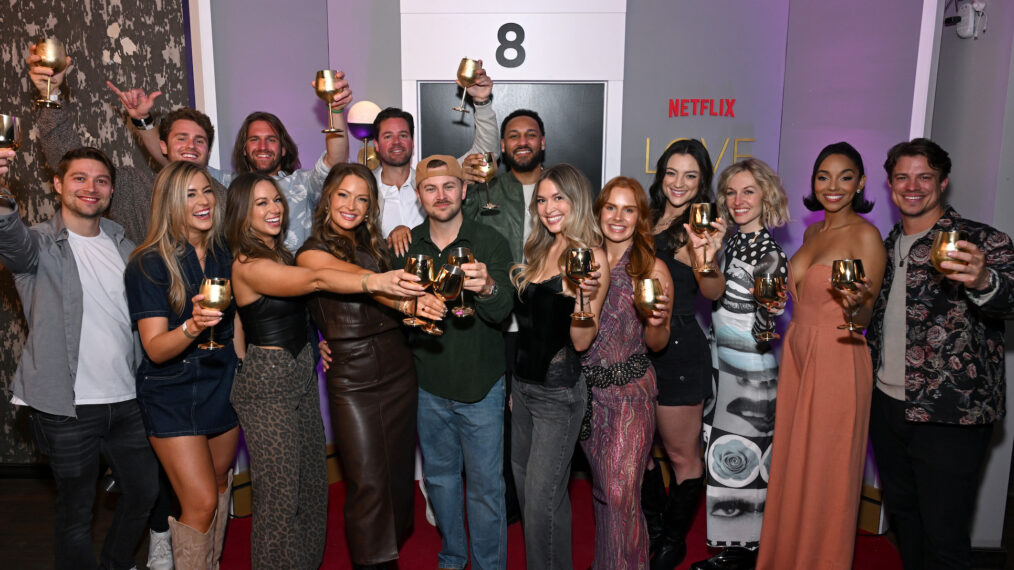






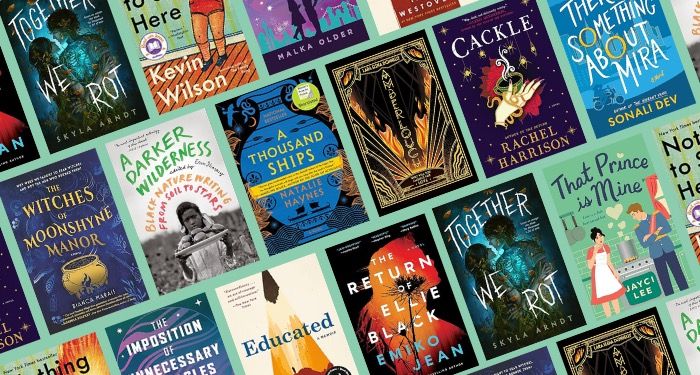
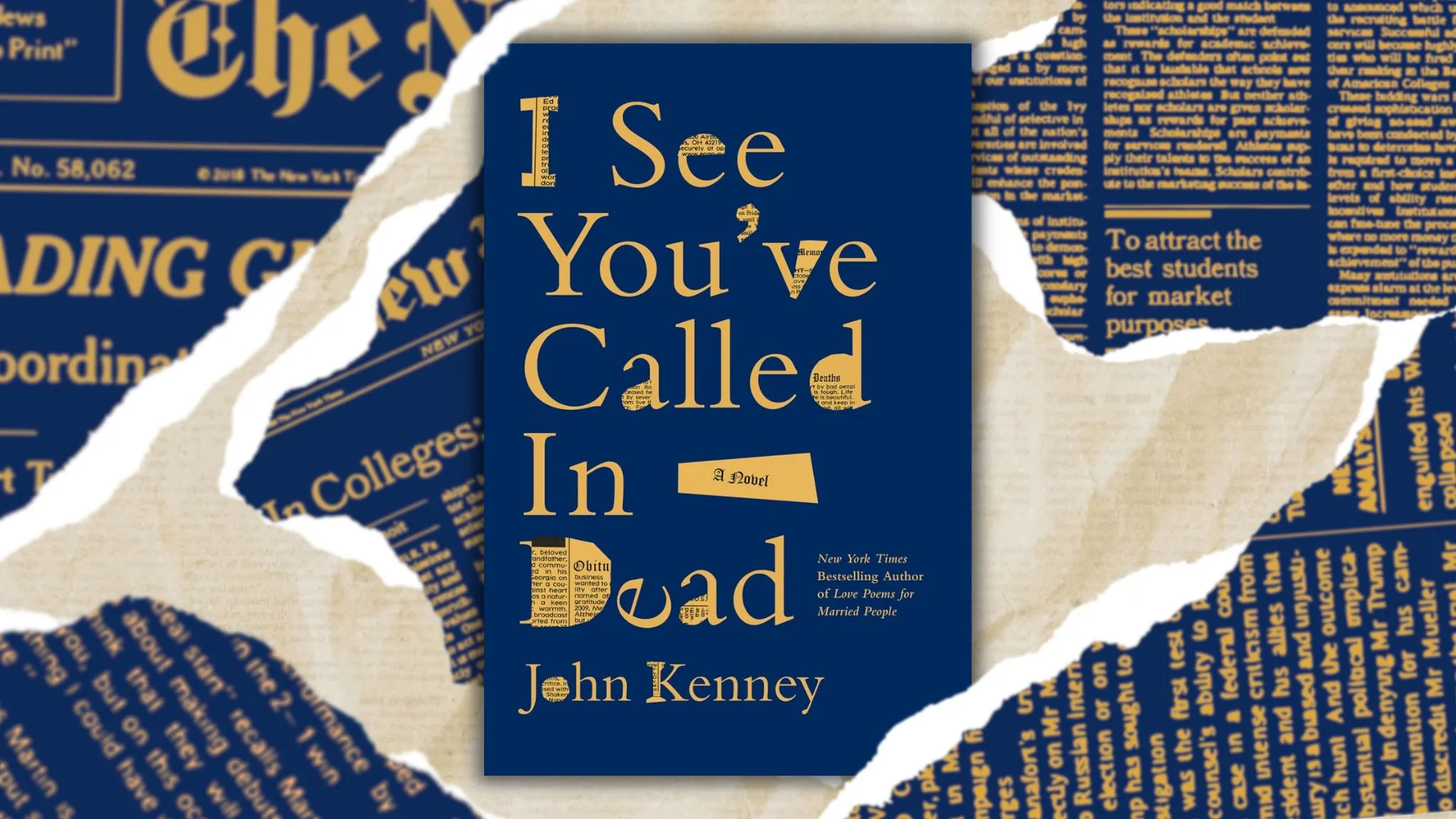

:quality(85):upscale()/2025/05/23/715/n/1922564/1e63d6e168309df259d956.72331408_.png)

:quality(85):upscale()/2025/05/06/835/n/1922564/8e601b95681a5cf04194c6.14070357_.png)


